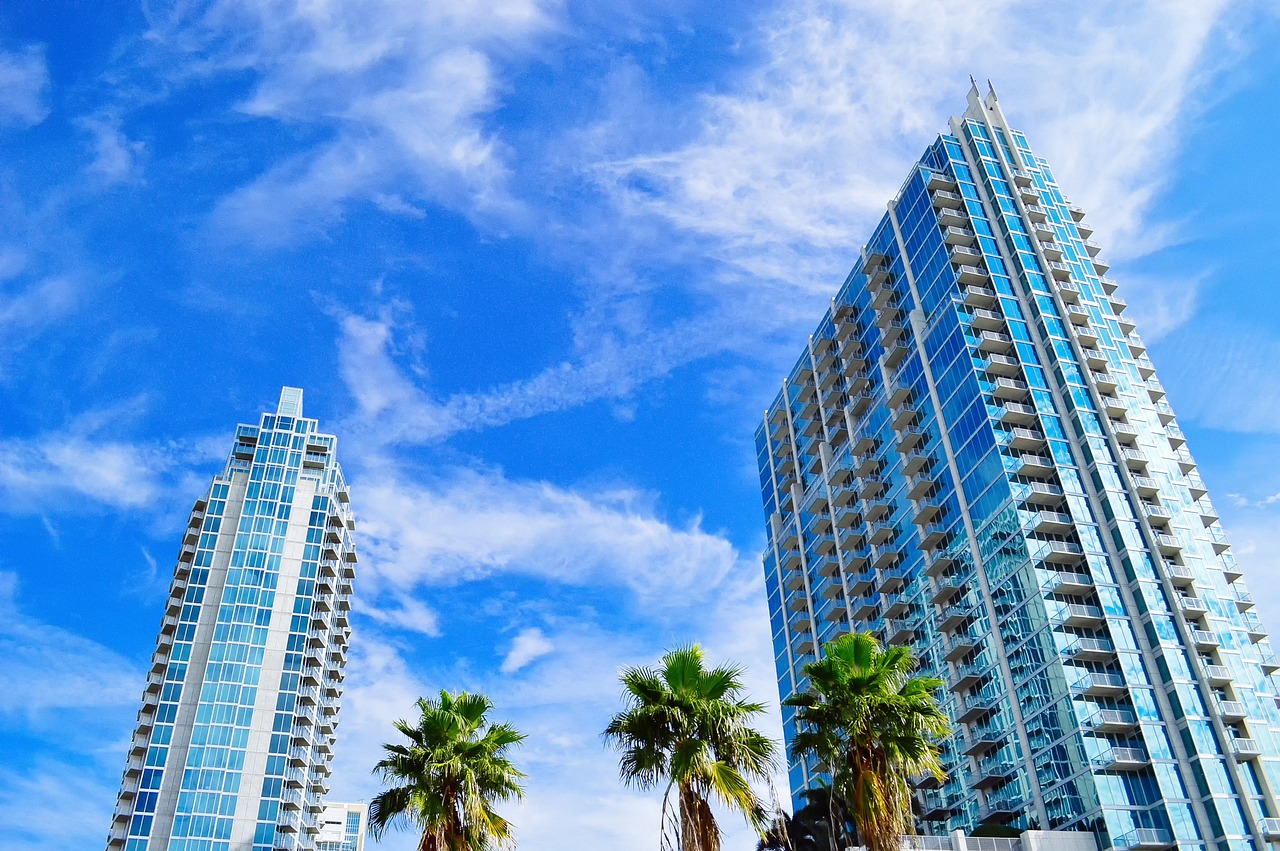Mindful Community Building: Fostering Connection and Support in Neighborhoods
Building strong relationships within your neighborhood is crucial for fostering a sense of belonging and connection among residents. When neighbors take the time to get to know each other, trust is built, creating a safer and more supportive community. These relationships can lead to increased communication, collaboration, and a shared responsibility for looking out for one another.
By investing in building strong relationships with those around you, you are not only enhancing your own quality of life but also positively influencing the overall well-being of the neighborhood. Neighborly bonds can result in increased social support, reduced feelings of isolation, and a greater sense of belonging. When residents feel connected to each other, they are more likely to take pride in their community and work together towards common goals for the betterment of all.
Creating a Sense of Belonging and Inclusivity Among Residents
Building a strong sense of belonging and inclusivity among residents is crucial for fostering a vibrant and cohesive community. When individuals feel valued and accepted within their neighborhood, they are more likely to actively participate in community initiatives and engage with their neighbors. This sense of belonging can create a supportive environment where residents are willing to collaborate, help one another, and work together towards common goals.
Inclusivity plays a key role in ensuring that all residents, regardless of background or differences, feel welcomed and respected within the community. By promoting inclusivity, neighborhoods can celebrate diversity and create a space where everyone’s voice is heard and valued. This inclusivity not only strengthens the social fabric of the community but also fosters a sense of mutual understanding and respect among residents, ultimately leading to a more harmonious and connected neighborhood.
Organizing Community Events and Activities to Encourage Connection
Effective community events and activities play a vital role in fostering connections among neighborhood residents. By creating opportunities for people to come together, share experiences, and engage in meaningful interactions, a sense of unity and camaraderie can be cultivated. From block parties to charity drives to sports tournaments, organizing a variety of events can cater to different interests and preferences within the community.
Moreover, community events can serve as a catalyst for strengthening relationships and promoting a sense of belonging among residents. When individuals participate in activities alongside their neighbors, they often form bonds based on shared experiences and interests. This can lead to a more tight-knit community where people feel valued, supported, and connected to one another, ultimately enhancing the overall quality of life within the neighborhood.





